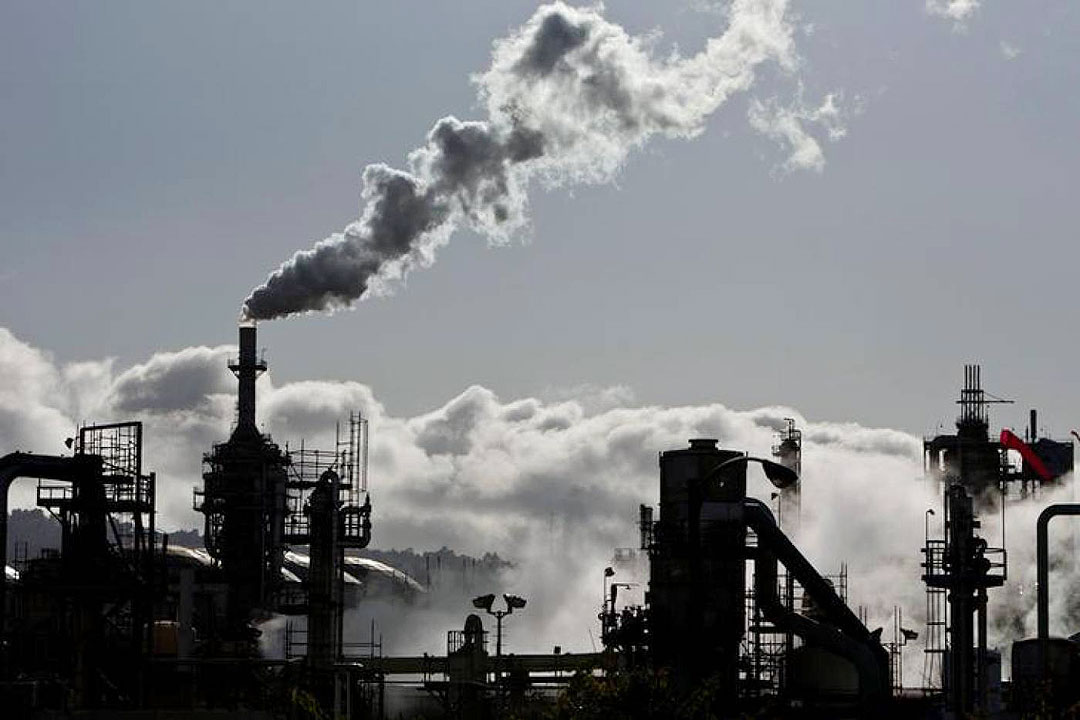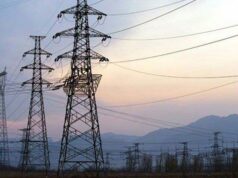
THE PHILIPPINES could be a major beneficiary of expanded net-zero financing for developing countries, an analyst said.
“The problem currently is there is still a high cost of financing projects and borrowing,” Jose M. Layug, Jr., president of the Developers of Renewable Energy for Advancement, Inc., said in a Zoom interview over the weekend.
“I’m hoping that with this call, they’ll make financing more affordable, more optimal, and perhaps reduce the interest rates. Hopefully, with this call, we’ll have more foreign investments in the Philippines,” he added, referring to the United Nations Conference on Trade and Development’s (UNCTAD) support last week at the 8th World Investment Forum for increased net-zero finance for developing economies.
“The investment needs are much higher in developing than in developed economies, relative to their existing asset bases,” UNCTAD Secretary-General Rebeca Grynspan said in a media release on Oct. 17.
“International project finance constitutes 55% of total project finance values, rising to over 75% in the least developed countries (LDCs),” UNCTAD said.
The United Nation (UN) agency also stressed the role of international investors in providing finance to reduce the cost of capital for projects, which lowers the spread on debt finance by an average of 8% in developing countries.
“Collaboration with multilateral development banks and government stakes in public-private partnerships can further decrease the spread by 40%,” it said.
UNCTAD is an intergovernmental organization within the UN for the integrated treatment of trade and development, and interrelated issues of finance, technology, investment, and sustainable development.
Mr. Layug said that the Philippines stands to benefit as the government has fully opened renewable energy (RE) development to foreign investors.
“If we have more foreign investment then we can have more RE projects in the Philippines and that only can be good for us. It will really help us in the transition because more and more renewable projects will get built, so that’s our hope,” he said.
According to Mr. Layug, interest rates in the Philippines for RE projects are about 8-9%. “It’s quite high compared to other countries,” he said.
The Bangko Sentral ng Pilipinas kept key interest rates unchanged at 6.25% last month for a fourth straight meeting after hiking borrowing costs by 425 basis points from May 2022 to March 2023.
Riedo A. Panaligan, president of the Center for Renewable Energy and Sustainable Technology, said the center supports UNCTAD’s call, which presents an opportunity to leverage both public and private investment towards achieving the national clean energy targets.
“However, we also want to emphasize that climate finance should not result in more debt for the Philippines and any other developing country,” Mr. Panaligan said in an e-mail.
“Furthermore, foreign investments should result to strengthening our own local green energy industry and not create a disadvantageous business environment in favor of foreign-controlled companies,” he added.
As of end-2022, RE accounted for about 22% of the Philippines’ total energy mix, with coal-fired power plants shared for almost 60%. The government wants to boost the RE share to 35% by 2030 and 50% by 2040. — Sheldeen Joy Talavera



